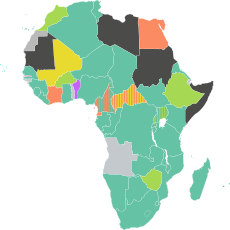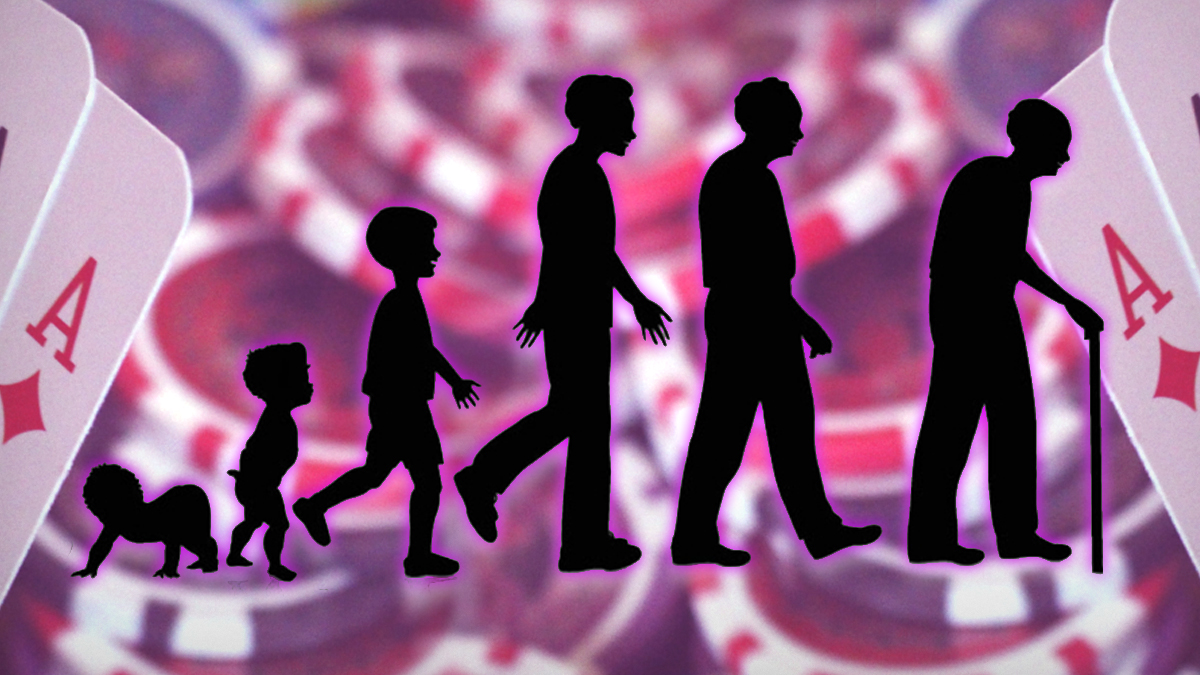Gambling And Drinking Age In Canada
- You can't carry alcohol across a provincial border without permission from the provincial liquor board.
- In Canada, there were around 77,000 hospitalizations entirely caused by alcohol in 2015–2016, compared to 75,000 hospitalizations for heart attacks in the same year.
- Within Canada, over 70 percent of youth and young adults ages 15 to 24 reported using alcohol in 2018.
Legal Drinking Age In Canada

There is no national legal drinking age in Canada. Instead, rules around alcohol and drug consumption are done by each province individually - including setting a minimum drinking age.
Casino Age Canada. Online gambling in Canada is popular, but players need to know the legalities before signing up for casinos in Canada. Canadians are legally allowed to play online casino slot games and table games, but the legal age depends on what province you live in. It also raised the drinking age from 18 to 20 and increased taxes on alcohol in an effort to curb consumption. Back at CAMH, Rehm says he’d like to see an increase in Canadian alcohol taxes, higher minimum prices and an abolition of alcohol marketing. By the time someone reaches age 16, he says, they’ve already seen about 15,000 alcohol ads.


The Legal Drinking Age in Canada (Versus Toronto) Some people get confused when it comes to the legal drinking age in Toronto and assume it's 18 because that's what it is elsewhere in Canada. In some provinces of Canada, the legal drinking age is lower than in Ontario. In Quebec, Alberta, and Manitoba the legal drinking age is 18. The legal gambling age in Canada varies from province to province While the minimum age doesn’t swing wildly, some areas allow players 18 and over, while others require 19. Current sports betting legislation in Canada is for parlay-based betting only. Age Guidelines to Gambling in Canada. The age to gamble in Canada corresponds the drinking age, and will vary by the respective province or territory. Players will be required to be at least 19 years of age unless you are in Alberta, Manitoba, or Quebec where the minimum age is 18.
Legal Drinking And Gambling Age In Canada
In Alberta, Manitoba, and Quebec, the legal drinking age is 18. But in British Columbia, Saskatchewan, New Brunswick, Newfoundland and Labrador, Nova Scotia, the Northwest Territories, Nunavut, Prince Edward Island (P.E.I.), Ontario, and the Yukon, the limit is 19 years of age.
According to the Canadian Centre for Substance Abuse (CCSA), alcohol is the leading psychoactive substance used by youth and young adults (ages 15 to 24) in the country. In addition, the CCSA notes alcohol is the leading cause of mortality in youth and young adults (ages 10 to 24) worldwide.
With evidence of its effects on mental and physical development in adolescents, alcohol use among youth has been the source of much debate in Canada.
Changing The Legal Age
:max_bytes(150000):strip_icc()/signs-directing-to-people-to-casinos-875060966-5b86c1ff46e0fb00501f9019.jpg)
Some recommend the legal drinking age be bumped back to 21 country-wide, as it was before provinces lowered it in the 1970s, while others would be satisfied to see Alberta, Quebec, and Manitoba follow the lead of other provinces and make 19 the legal drinking age.
The 1970s move was made to align drinking ages with the age of majority (18 years), but Ontario and Saskatchewan were the first to raise limits to 19 years to combat a noticeable increase in alcohol consumption among high school students.
Other provinces followed suit, with P.E.I. being the last to move to a drinking age of 19 in 1987.
Legal Gambling And Drinking Age In Canada
Issues Relating To Alcohol Consumption
Studies have shown as the minimum legal drinking age increases, instances of car crashes and alcohol consumption among youth decreases in turn. Based on the findings of the study, it is estimated if the drinking age was raised to be 19 across the country, about seven 18-year-old males would be prevented from death each year. If the limit was raised to age 21, it is estimated about 32 lives would be saved per year.
In another study, completed at the University of Northern B.C., evidence showed hospitalizations and injuries due to alcohol would reduce if the legal drinking age was moved to just 19 years old for all provinces. The results of the study revealed a 15 to 20% increase in the number of young people in the hospital at age 18 or 19, depending on the province.
Research shows instances of alcohol abuse, alcohol poisoning, and other related illnesses or issues due to consumption would decrease among youth if the legal drinking age was raised.
In addition, the study points to the potential to save infrastructure and taxpayer dollars, removing some of the burdens from emergency rooms and first responders.